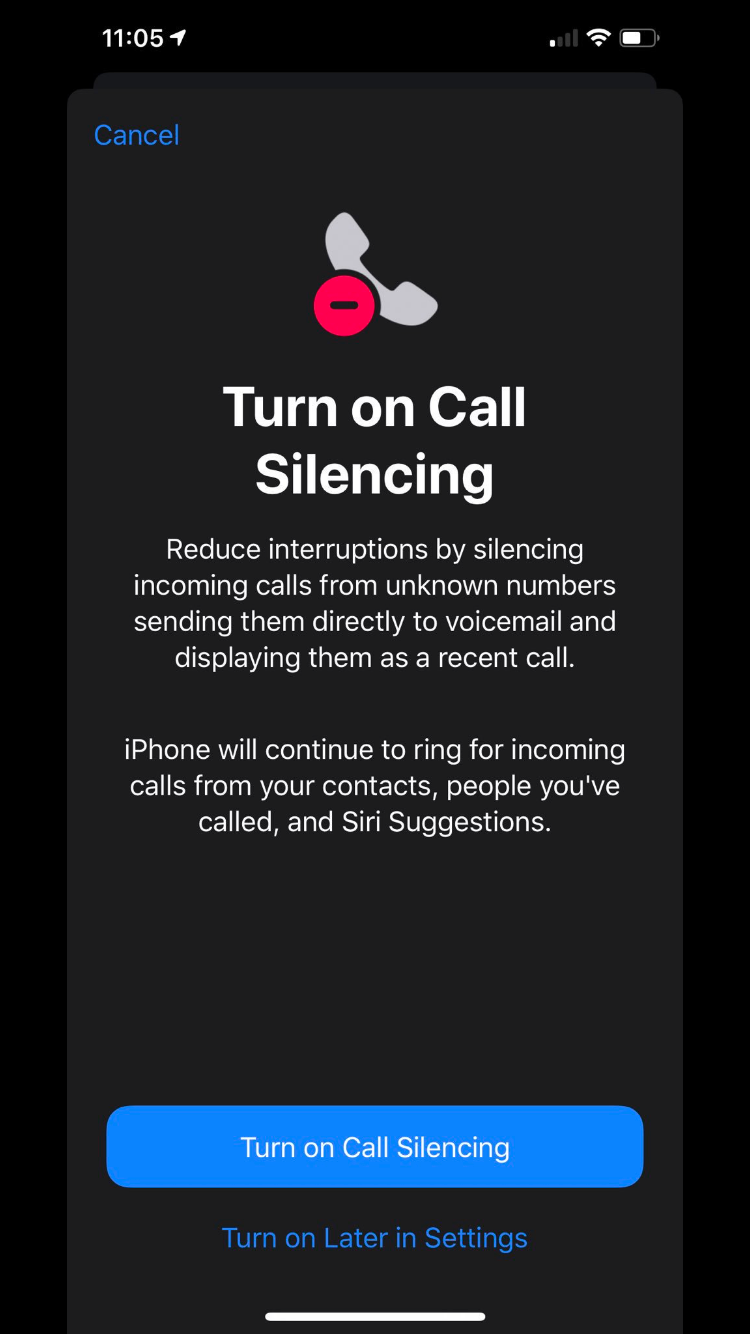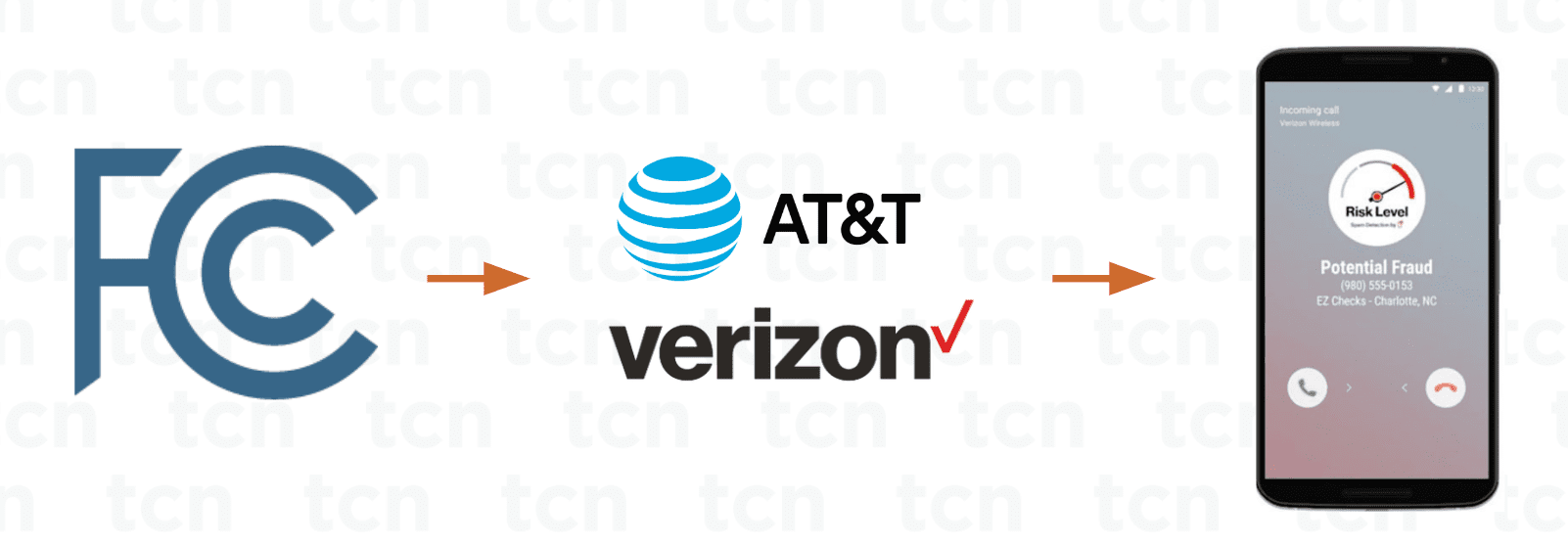iOS 13 to Silence Unknown Callers
Guest Blog by Molly Weis
Apple iOS 13 Call Silencing Feature
Apple released iOS 13 on Thursday, September 19, which came out one day before the launch of the iPhone 11, iPhone 11 Pro, iPhone 11 Pro Max. Details on new iOS 13 features have been published since earlier this summer, including many improvements to make iPhone fasters, smarter and more secure. One of the most interesting new features, however, is the ability to silence and block any calls originating from phone numbers not previously identified by the device.

Unknown Callers Silenced
The complaints of ‘too many unwanted calls’ are plentiful and the topic of many heated conversations across the telecom industry today. Apple’s iOS 13 takes an approach to ‘solve’ this issue for iPhone users with the new help of Siri. When an incoming call is placed, Siri will now scan your Contacts, Mail, Messages, and recently dialed phone numbers to see if you’ve previously been in contact with the caller.
As TechRadar points out, “Silence Unknown Calls sounds fairly smart, if you’re not expecting business numbers cold-calling you for work.” But business cold calls are just the tip of the iceberg, with this new update, callers trying to reach you who aren’t on your personal ‘VIP list’ will now go straight to voicemail. This means that unless a consumer already knows which number is going to be calling them in advance, calls such as appointment confirmations, safety and emergency notifications, security alerts, self-requested call-backs, or any number of surprise calls from people you do know but are using a different device (a friend borrowing someone else’s phone, a colleague working from a remote business office, etc.) will be missed.
The Impact to Call Delivery
The impact to call delivery is obvious and presents a number of challenges for businesses and organizations relying on the voice channel to communicate with consumers, especially when no previous relationship with the consumer exists.
It’s unclear how iPhone users will react to this new functionality, but the potential for disruption to communications is high. Considering that nearly every true emergency call is likely to originate from a number you’ve never interacted with before, willingly silencing unknown calls by default presents the risk of missing critical, life-saving information by mistake.
There are also plenty of other situations, less critical than life or death, falling into the category of annoyance, that present themselves with this iOS 13 update. Think about the many times have you soldiered through an IVR menu to speak to a customer service representative, to then be placed in a queue and instructed to wait for a callback. Imagine your frustration when you’re not even given the opportunity to answer the call, but left with the only option of waiting for the voicemail and then dialing back into the system to start the process all over.
How to Stay Connected
As a brand new feature, it will be tough to predict impact right out of the gate, but here are some tips to stay connected in spite of iOS 13’s new Call Silencing setting:
- If possible, identify your phone number to consumers in advance. This could be via a previous call, whereby you suggest the consumer save your phone number to ‘Contacts’ for future interaction. This could also be via text message (the Messages app) or email (assuming the iPhone user is utilizing email via the Mail app).
- If consumers are specifically requesting a call back from an online form or another point of origination, identify the phone number that will be calling them as part of a standard confirmation message.
- Take time to strategize any changes needed to your standard voicemail message script. If this feature winds up sending more calls to voicemail than in the past, make sure the consumer is clear on who they are calling back, and why.
Gain access to the state of the industry, risk ratings and what the industry impact is for call labeling by downloading our Understanding Call Blocking and Labeling whitepaper.
About Molly Weis
Molly is the Director of Marketing & Communications at Numeracle. By working with the top carriers, analytics companies and apps, Numeracle provides a single path for visibility and control to improve the improper blocking and labeling of legal business calls. Through Numeracle’s Trusted Entity Certification and phone number Registration solution, organizations who rely on the voice channel to engage with their consumers are able to improve their calling reputation, remove the roadblocks of improper Scam or Fraud tags, and increase contact rates. Numeracle is a strategic business partner of TCN.
